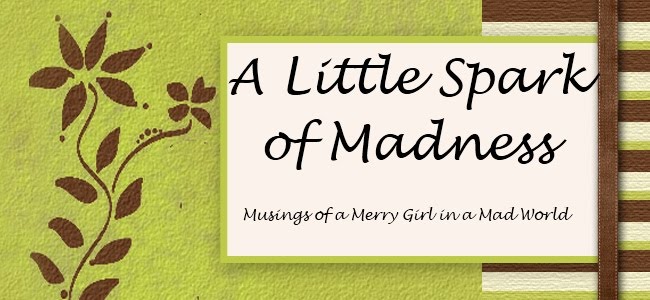Every year at Christmas time, I find a Christmas song I love the most that year. This year, Casting Crowns singing “I Heard the Bells on Christmas Day” is my song.
This song is based on the poem “Christmas Bells” by Henry Wadsworth Longfellow. Although, I don’t know much about poetry, I did know the name Longfellow. Since I’ve learned about the tragedies in his life and the situation in which he wrote this poem, I’ve listened to this song with new ears, and it’s become more than just my 2009 favorite Christmas song.
Henry Wadsworth Longfellow was an esteemed educator and American poet, born in 1807. He married his first wife, Mary in 1831. Mary and their unborn baby died in 1835. After a seven year courtship, and a marriage proposal rejection, Fanny Appleton finally agreed to marry Henry in 1843. It was a happy marriage. They had six children, however one daughter died when she was a year old. In 1861,at age 44, his wife Fanny’s life came to a tragic end when her dress caught fire as she was sealing cuttings of a daughter’s hair in wax; she was badly burned and died the next day. Henry burned his hands and face badly trying to extinguish the fire and wore a beard for the rest of his life due to difficulty shaving because of his scars.
Henry Longfellow was an abolitionist and wrote poetry to help draw attention to the anti-slavery cause. Still, he was dismayed by the Civil war which started a few months after the death of his beloved wife. Henry was a pacifist and disapproved of the war. Even so, his oldest child, Charles, ran off to enlist in the Union army at age 18.
In 1863, on Christmas Day, Henry Longfellow received word that his son had been severely injured in the war. His son recovered and one year later on Christmas Day in 1864, Henry wrote the poem “The Christmas Bells”
When the poem was rearranged and set to music by John Calkin in 1872, two stanzas referring to the Civil War were left out of the original poem. This anti-war poem became a Christmas carol proclaiming peace on earth, faith in God, and hope for the future. And that is how I hear the song, as a poem by a man born over 150 years ago wanting the same thing then as we long for today.
Christmas Bells
I heard the bells on Christmas Day
Their old, familiar carols play,
And wild and sweet
The words repeat
Of peace on earth, good-will to men!
And thought how, as the day had come,
The belfries of all Christendom
Had rolled along
The unbroken song
Of peace on earth, good-will to men!
Till ringing, singing on its way,
The world revolved from night to day,
A voice, a chime,
A chant sublime
Of peace on earth, good-will to men!
Then from each black, accursed mouth
The cannon thundered in the South,
And with the sound
The carols drowned
Of peace on earth, good-will to men!
It was as if an earthquake rent
The hearth-stones of a continent,
And made forlorn
The households born
Of peace on earth, good-will to men!
And in despair I bowed my head;
“There is no peace on earth,” I said;
“For hate is strong,
And mocks the song
Of peace on earth, good-will to men!”
Then pealed the bells more loud and deep:
“God is not dead, nor doth He sleep;
The Wrong shall fail,
The Right prevail,
With peace on earth, good-will to men.”



3 comments:
Thank you for the insight funny how great sadness bring forth such sweetness or beauty.mom
I would love to put this post on my church website. Can I get permission ? Of course I will give permission to you.
Hi Donna,
Absolutely you can use my blog post in your church website. I'd be pleased. It certainly makes you hear the song differently knowing the background, doesn't it?
Mary
Post a Comment